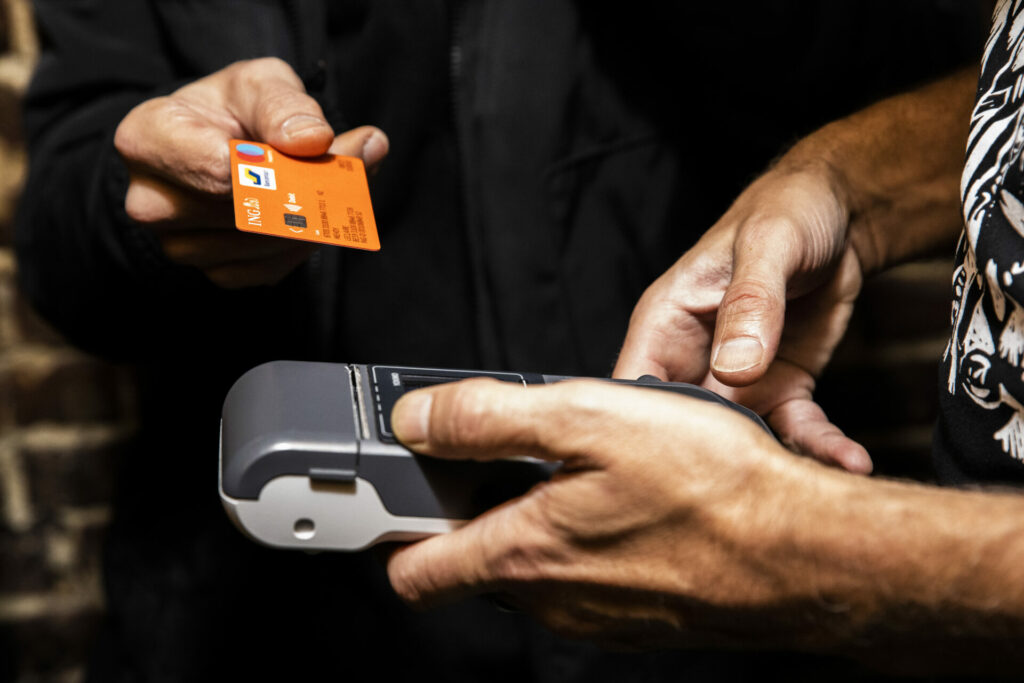All commercial establishments in Belgium are legally required to accept some form of electronic payment since 1 July. But while most businesses are respecting the new law, more than 100 infringements have been recorded.
While all businesses must continue to allow cash payments, they must also offer customers the possibility of paying digitally free of charge using at least one form of digital payment. They can choose what type of system they use, be it the traditional payment card terminals, or a payment app like Payconiq.
"Fewer and fewer people have cash in their pockets. The obligation to provide a digital payment option was therefore very welcome to many consumers," State Secretary for Consumer Protection Eva De Bleeker said in a statement.
"We see that, in general, the new regulations are also very well respected by traders. The limited number of reports shows that they are also positive about digital payments in their businesses."
Customers response
The new law is part of the Federal Government's action plan against fraud. A total of 103 complaints were filed with the FPS Economy regarding consumers who were confronted with a business that refused to let them pay electronically in July.
These are all being investigated by the body with the traders concerned liable to receive an official warning with information on the new regulations, together with a reminder to comply.
Related News
- Record number of electronic transactions during summer sales
- Belgians increasingly comfortable making digital payments
If a business continues to refuse allowing digital payments, it will ultimately risk a fine of up to €80,000 or up to 4% of the total annual turnover of the offender (if that amount is higher than €80,000).
De Bleeker advised consumers that are being denied the option to pay electronically to, first and foremost, make the seller aware of the new rules. If the seller still refuses to accept electronic payment, customers can file a complaint via the FPS Economy.
She added that, unless the company has a good reason (for example due to health reasons during a health crisis, or when a shop is fully automated and there are no staff members present), both the cash and electronic payment methods should both be offered.

